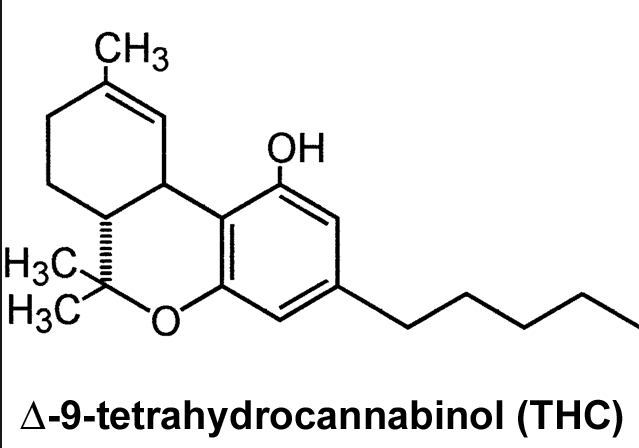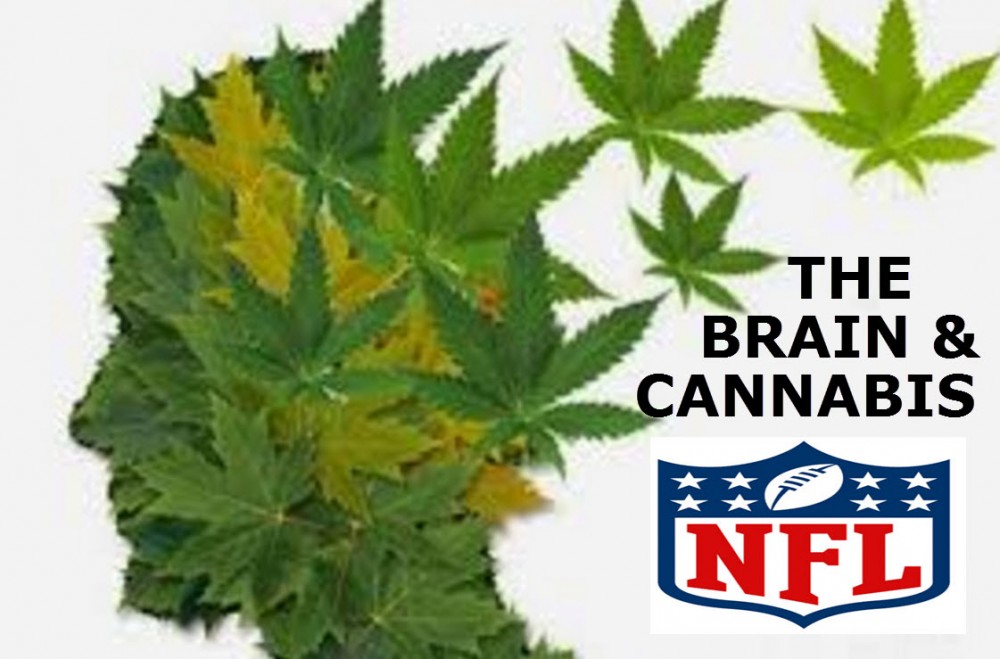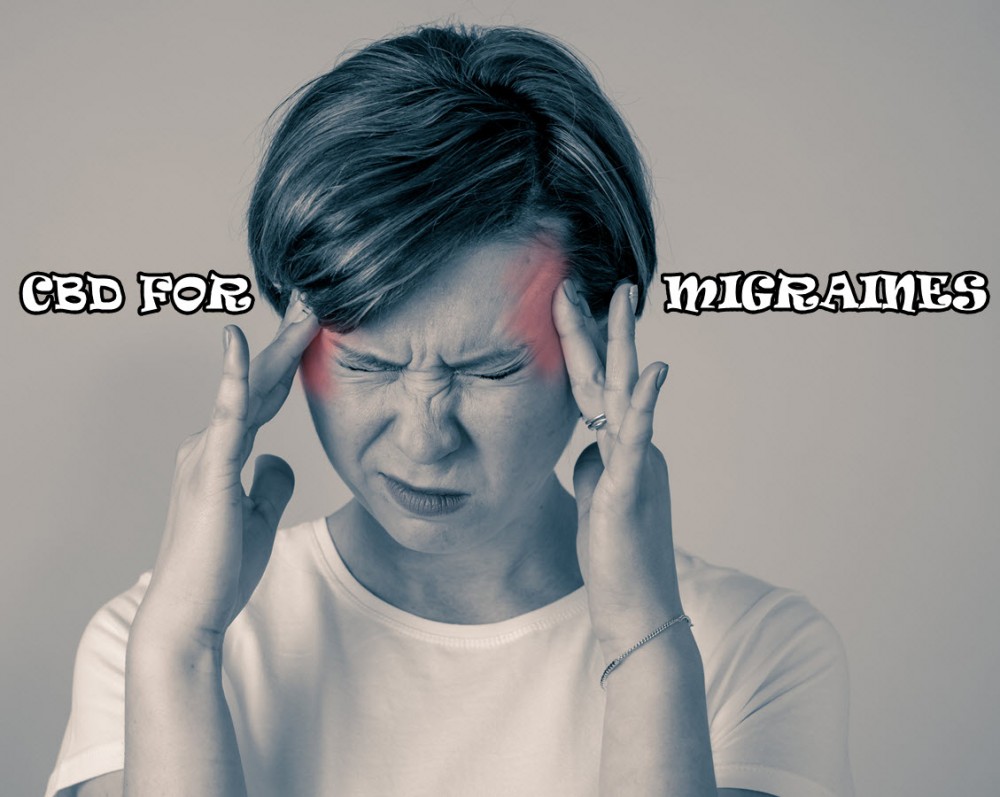New Study Proves Cannabis Is Better For Treating Migraines Than Prescription Drugs
Why is Cannabis So Good at Treating Migraine Headaches? (Better Than Aspirin) from CannabisNet on Vimeo.
New research proves, yet again, why cannabis is definitely the better choice when it comes to treating pain – in this case, migraines.
Migraines are the third most common affliction in the world, affecting 14.7% of the global population. It’s also the 7th most disabling disease, with severe attacks often times extremely so debilitating that it can seriously impact the quality of life among those who suffer from it.
The study’s findings, which were reported during the 3rd Congress of the European Academy of Neurology in the Netherlands, revealed significant data about the efficacy of cannabis in treating migraines. The recent decision of Germany to liberalize cannabis use for medical reasons has reopened discussions for policy changes throughout Europe. Health authorities and politicians continue to discuss the advantages, as well as disadvantages, of using cannabis as medicine which is prompting more researchers to dive deeper in order to better understand cannabinoids and its therapeutic benefits.

The researchers found that cannabinoids in the cannabis plant, THC in particularly which gets you high, has shown promise in treating pain better than the prescription drugs offered by doctors to treat migraines.
To conduct the study, the researchers recruited 79 participants all of whom suffer from cluster headaches and migraines, both of which have different symptoms and causes. Cluster headaches affect just one side of the head and come on suddenly, but migraines differ in intensity and can be so severe that it can also lead to nausea as well as light sensitivity. The participants were administered with oral doses of a drug which contained two primary compounds found in cannabis for every day of the three-month research period: THC and CBD.
Patients who suffered from cluster headaches were administered with 200mg doses of THC-CBD pills daily, or a 25mg dose of an pharmaceutical drug called amitriptyline, an antidepressant commonly prescribed by doctors for the treatment of migraines. On the other hand, patients who suffered from migraines were given 200mg of THC-CBD pill each time they suffered from acute pain.

Findings
The study showed that pills containing the same chemical compounds in cannabis effectively decreased the pain severity in migraine patients by 43.5%. For the patients who suffered from cluster headaches, their pain was reduced by 40.4%, while amitriptyline doses reduced headaches by 40.1%. It also had other important health benefits, such as the ability to stop muscle pain and stomach aches.
The THC-CBD drug was also able to reduce pain among sufferers of cluster headaches, if they experienced migraines during childhood. According to lead researcher Dr. Maria Nicoldi of the Interuniversity Center in Florence, Italy, 'We were able to demonstrate that cannabinoids are an alternative to established treatments in migraine prevention.” She adds, 'That said, they are only suited for use in the acute treatment of cluster headaches in patients with a history of migraine from childhood on.”
The participants did report some side effects to the THC-CBD drug though, which were difficulty concentrating and drowsiness. This further emphasizes the importance of using the right cannabis strain and the science behind it in order to find the correct cannabis plant to suit a patient’s specific medical needs.
The study’s findings support earlier research proving that medical cannabis is effective at lessening the frequency of migraines. It also adds to the numerous scientific studies that have already been conducted, demonstrating that cannabis is a much safer alternative at treating pain than prescription medications.

Key Takeaways
Patients suffering from migraines can turn to cannabis via fast-acting delivery methods as a form of treatment. These include vaping, smoking, and the use of tinctures to deliver almost immediate relief from migraines. Edibles are not recommended to treat migraines since they take anywhere from 20 minutes up to take effect, and are known to be too strong for most users to function normally especially if you have to be productive or at work. There are absolutely no side effects to using cannabis as medicine for migraines – to avoid the drowsiness and difficulty concentrating that were experienced by the participants, talk to your doctor or budtender to recommend the ideal strain for your needs.
OTHER STORIES YOU MAY ENJOY..
CANNABIS FOR MIGRAINES, CLICK HERE.
OR..
CANNABIS FOR THE BRAIN AND INJURIES, CLICK HERE.
OR...
SMOKING CANNABIS FOR MIGRAINES SAYS NEW STUDY!









